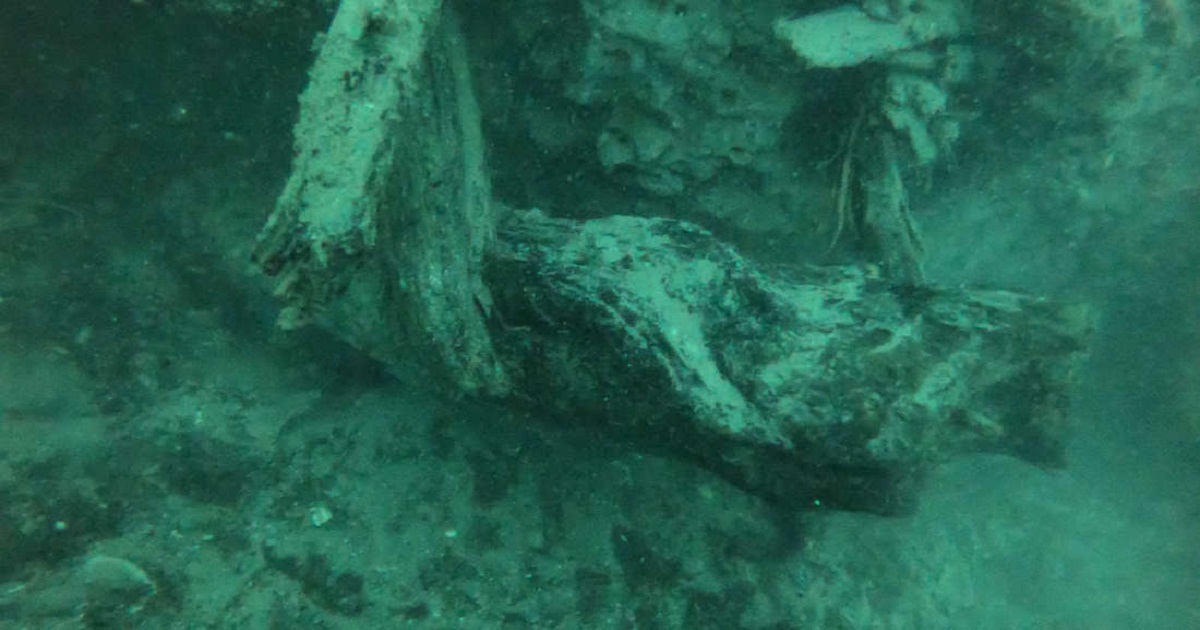Ancient Submerged Cypress Forest Could Hold Potential For New Medicines, Biotechnology
IFLScience | April 09, 2020

A 60,000-year-old forest submerged in the Gulf of Mexico may hold potential for the development of new medicines and biotechnology in the future – and scientists are only just beginning to understand what other secrets it may hold. Along the banks of a river in Alabama was once a flourishing bald cypress forest. As the trees grew and died, they eventually fell and become buried in peat and sediment. Over time, sea levels rose and covered the ancient forest far beneath the surface of the ocean in what would eventually become a unique and isolated habitat for marine organisms. Intensifying storm systems have recently disturbed the seafloor to expose these large logs, which have become a bit of a reef-like marine ecosystem home to wood-eating “shipworms,” which are technically clams (Teredinid bivalve). These shipworms are also known as the “termites of the sea” – a nickname they’ve received thanks to their ability to convert wood into animal tissue that forms the foundation of the deep-sea food chain.